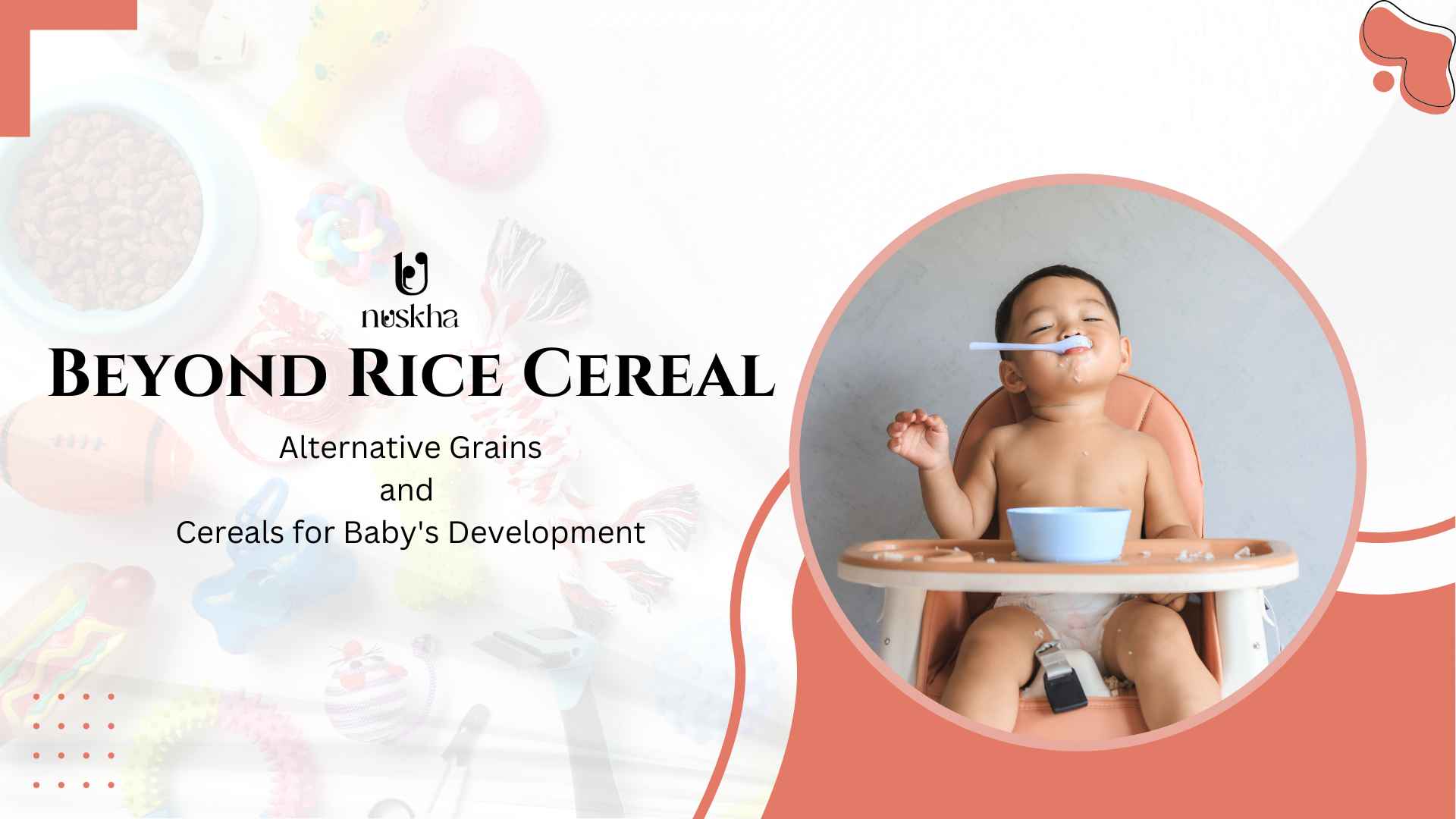
A wonderful growth milestone for your baby is when they start eating solid meals. It is like a new story of a newly started chapter. However, for solid food, parents have long relied on rice cereal as their go-to option for baby food, but did you know that there are other tasty and healthy choices available for baby care? We'll look at certain cereals and other grains today that are good for your baby's development.
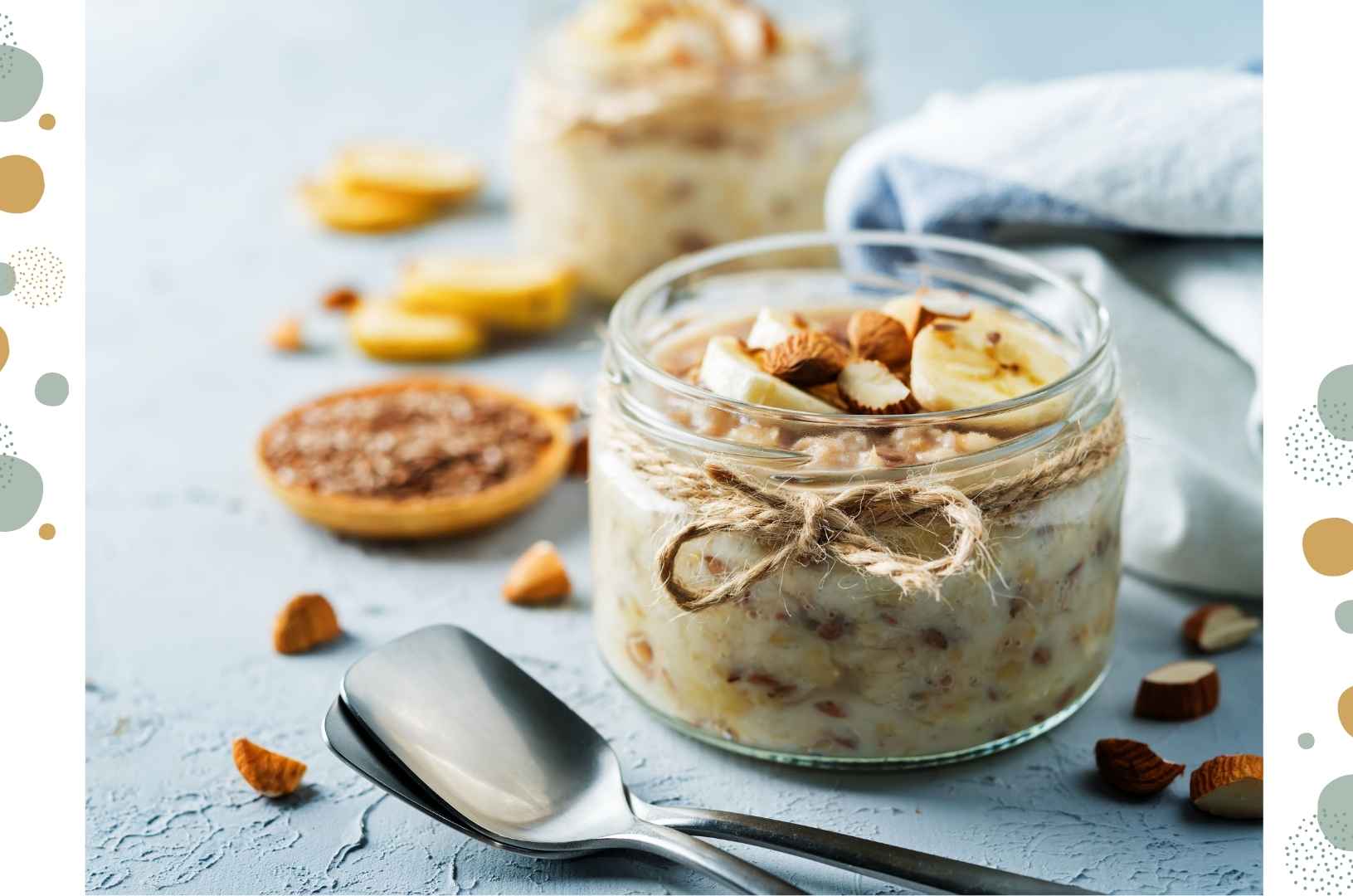
A great substitute for rice cereal is oatmeal for baby care. It has important minerals like iron and fibre and is simple to digest. Further, Nushka’s Poshan oatmeal ,chana and almonds made it a super solid food. For your baby's brain to grow properly, iron is essential, and fibre aids with digestion. Further, dry fruits like almonds ensure proper nutrition. For added taste and nutrients, you may start with plain oats and progressively can add other options fruits like applesauce or mashed bananas.
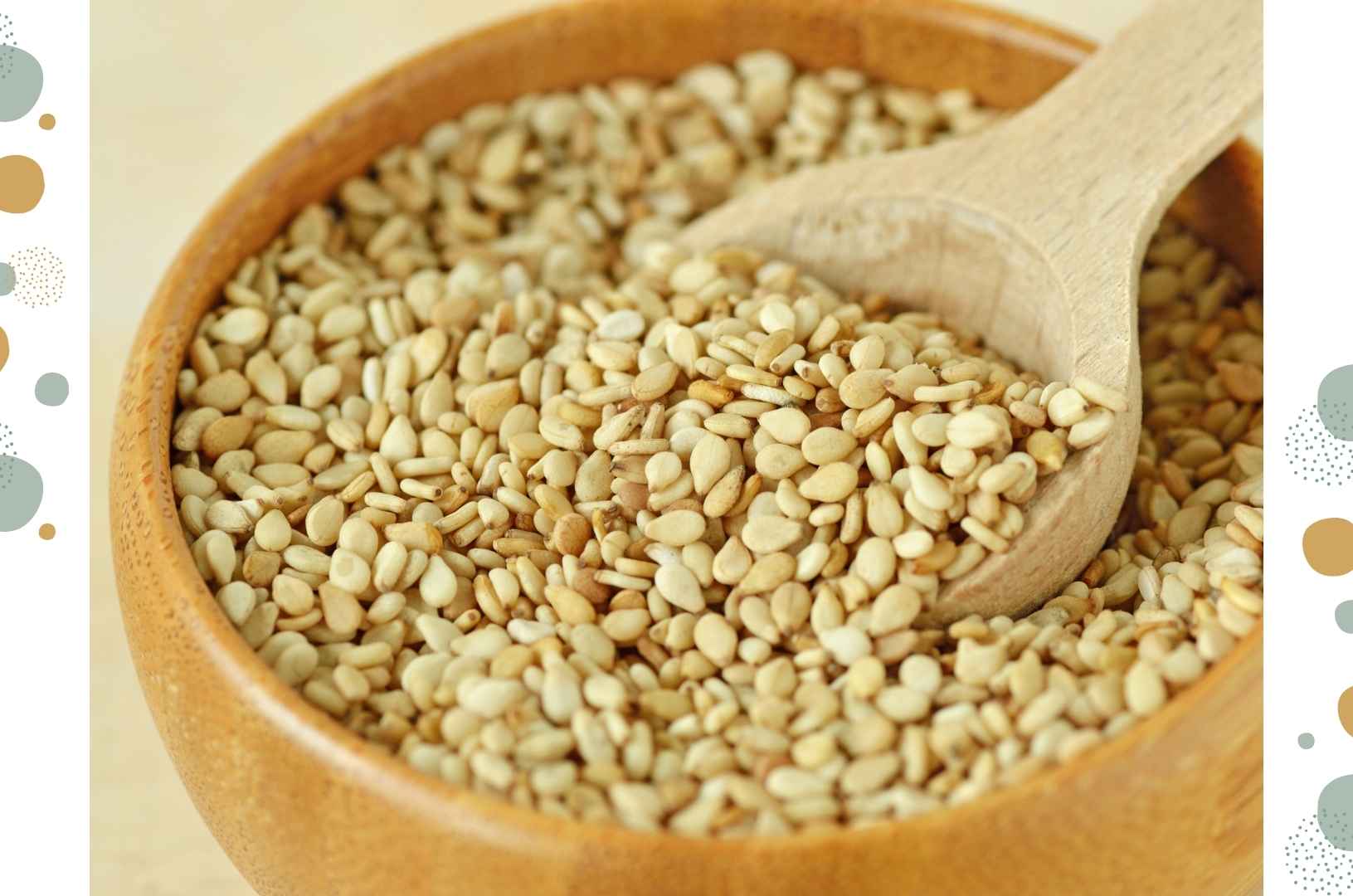
Quinoa is rightfully referred to as a "superfood" for baby care. Having all nine of the necessary amino acids is a complete protein supply. For families that follow a vegetarian or vegan diet, this makes it a great option. You can add this to the diet for 8 to 12 months. Iron, magnesium, and fibre are also abundant in quinoa. For your infant, you may heat and combine it until it reaches a smooth consistency.
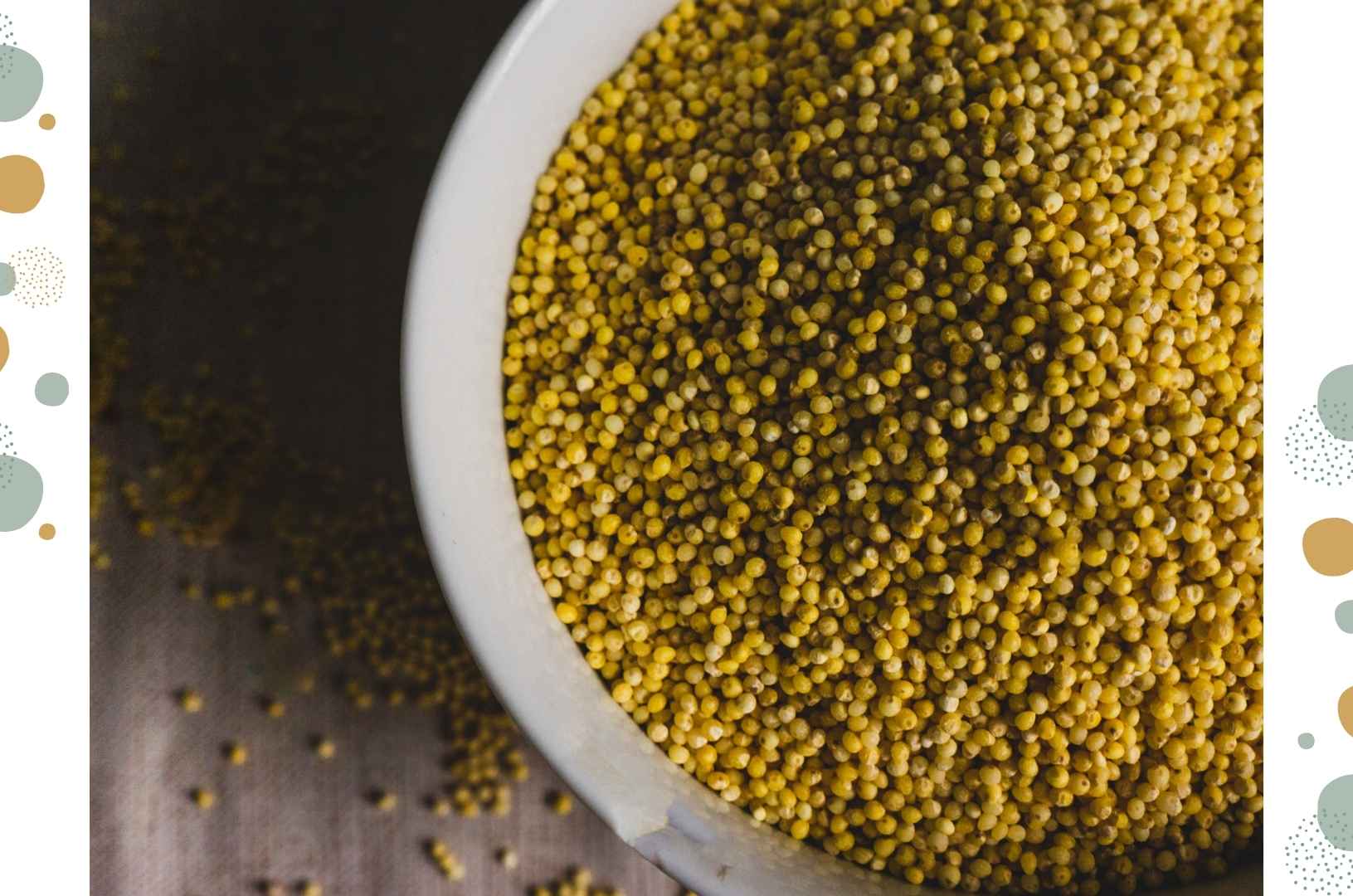
The little grain known as millet has a subtle nutty taste. It is an excellent source of important minerals like phosphorus and magnesium and is very easily digested. Additionally, gluten-free millet is safe for infants who are sensitive to gluten. If you too are looking for a better taste and option then Nushka’s Poshan Ragi mixed with moong daal is the best one for you. For extra taste, cooked millet may be blended and combined with other fruits or vegetables.
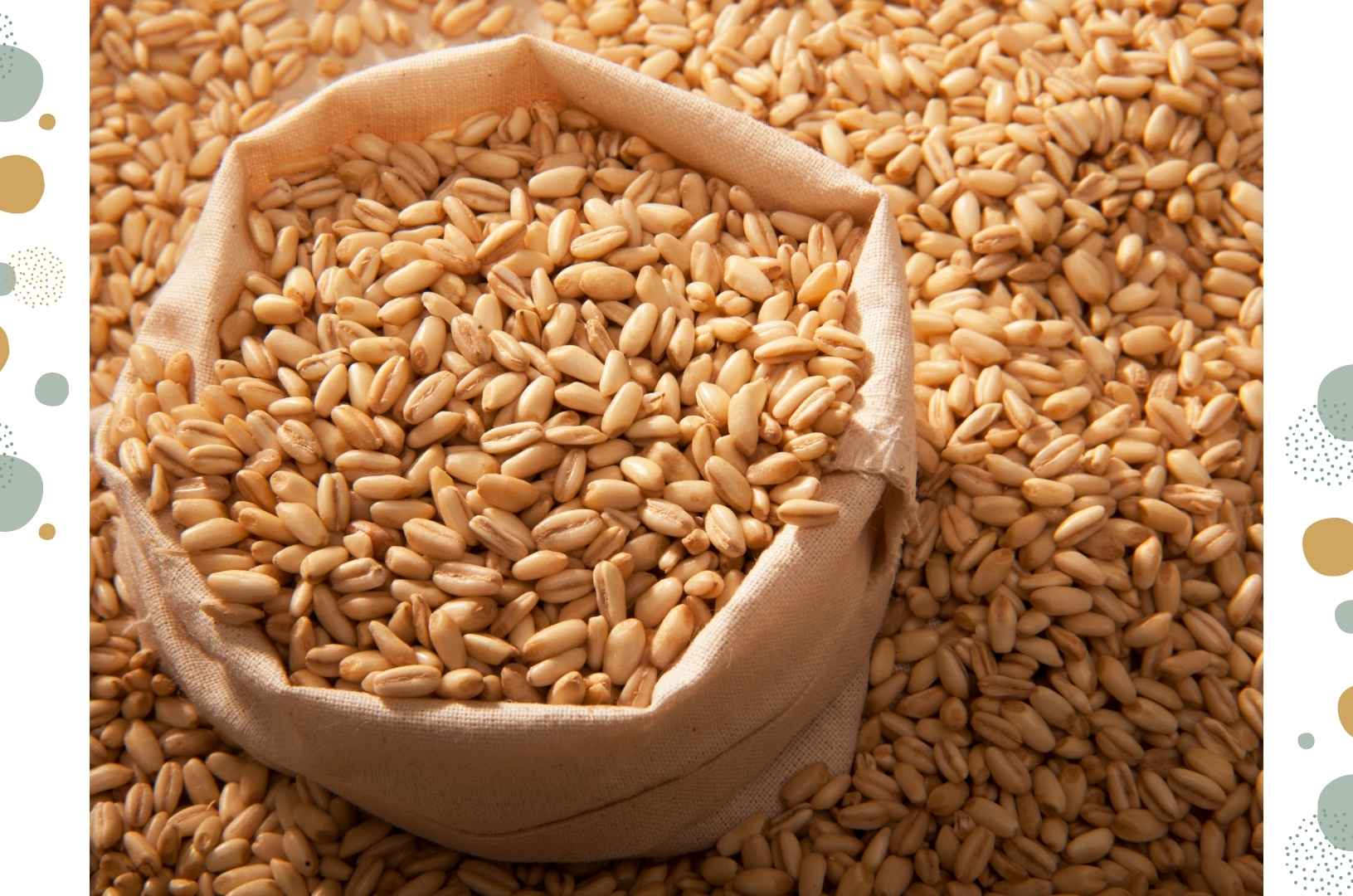
Another nutrient-dense grain that is vital to the growth of your child is barley. Zinc, which boosts your baby's immune system, is one of the many vitamins, minerals, and fibre that it contains in ideal amounts. To prepare barley porridge, heat it until it's tender, then mix it till your baby's consistency is achieved. You can mix dry fruits and other veggies.
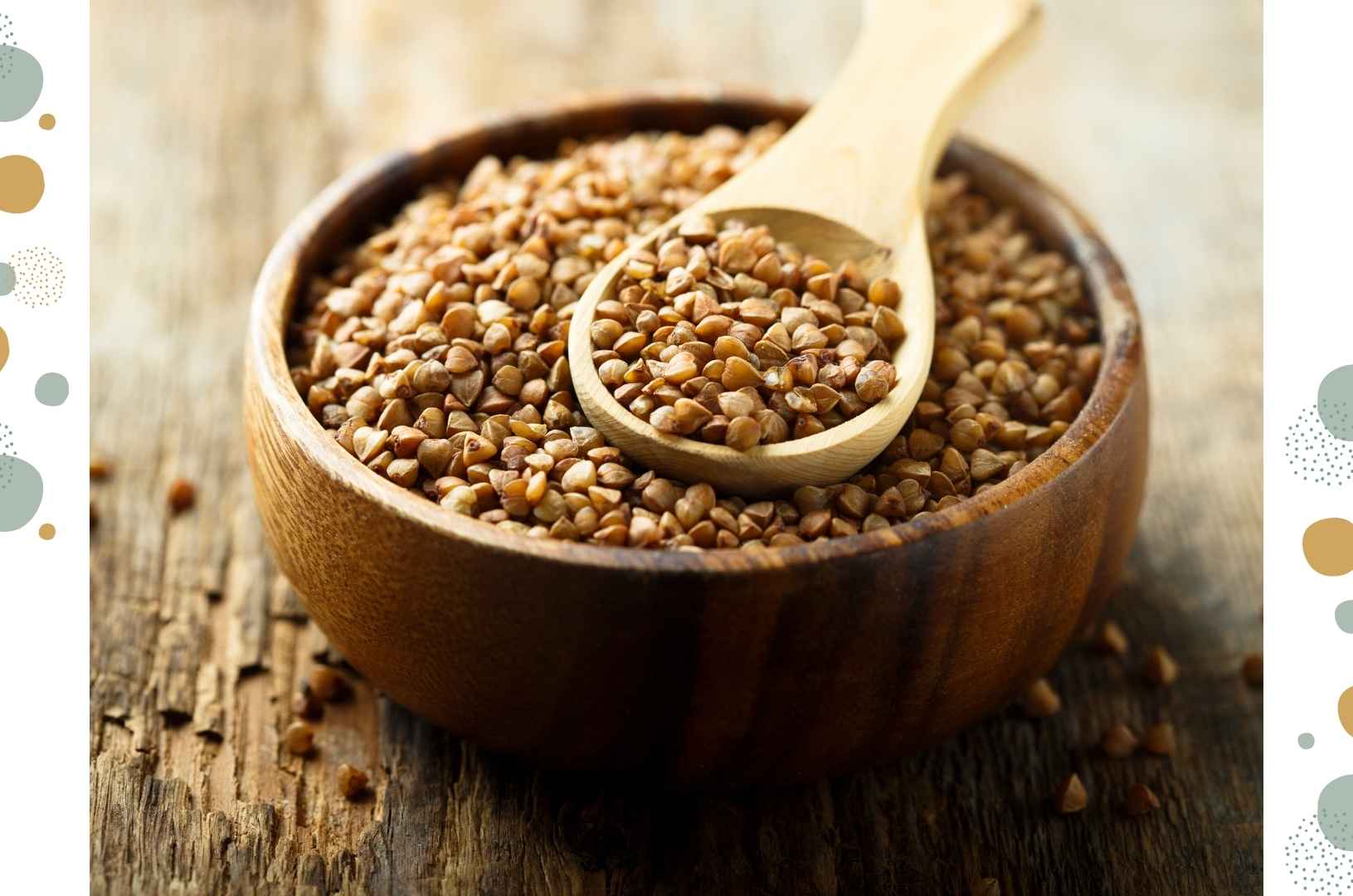
Since buckwheat and wheat are unrelated, it is gluten-free. It has a lot of protein and important amino acids. Additionally rich in magnesium and antioxidants, buckwheat is good for your baby care. Buckwheat may be cooked and blended to give your child a creamy texture. You can use moongdal to make it more tasty and colourful. Also, keep the buckwheat soaked in water (water) if you are preparing at home as it reduces the cooking time.
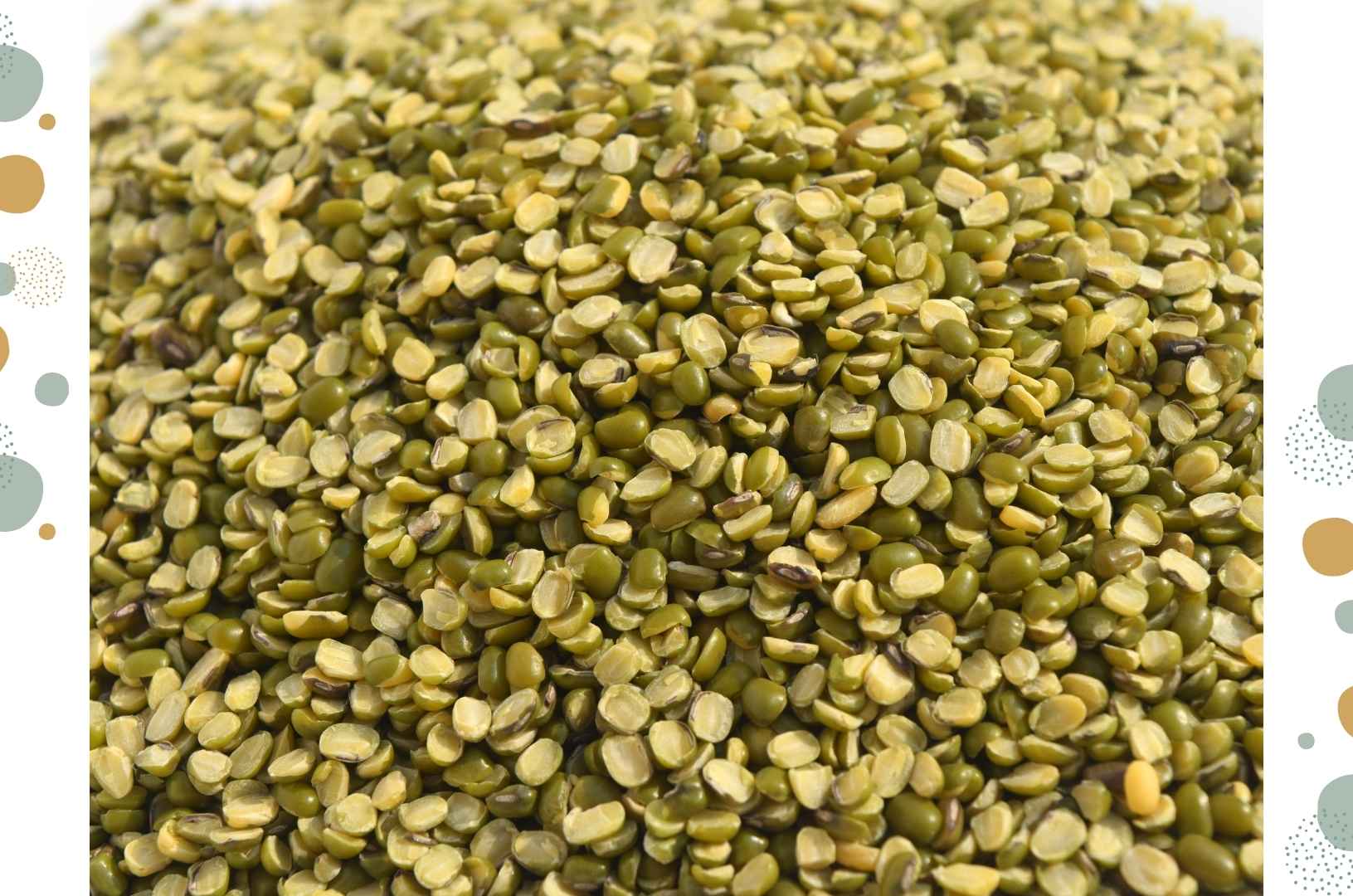
Another solid superfood for kids is moong dal. It is a top-notch choice in pulses or even as grain as it comes with a lot of nutritional value. It has a lot of fibre, iron and protein. While iron aids in cognitive development, protein is necessary for the development of your baby's muscles. When cooking and puréeing moong dal, you may get a creamy texture for your baby's first meals. To make it a more healthy option, Nushka mixed it with almonds and a pinch of salt in Poshan Moong Dal.
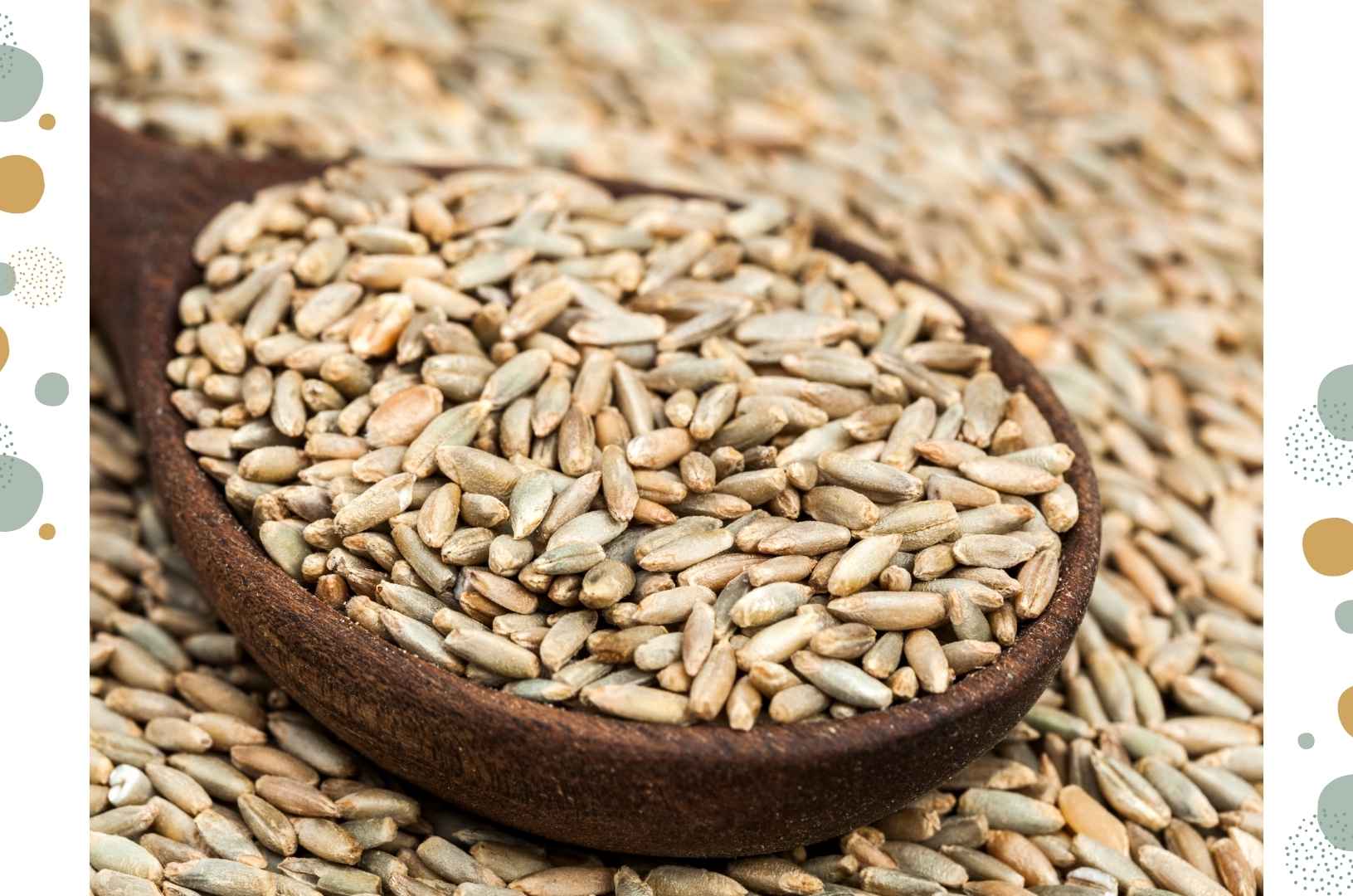
Rich in nutrients and well-known for its heart-healthy qualities is rye. It is an excellent source of vitamins, including niacin (vitamin B3) and vitamin B1 (thiamin), which assist the energy metabolism of your kid. It is also high in fibre. You may cook and mash rye for your infant.
Remember to follow these recommendations while introducing your kid to these substitute grains and cereals:
Summing up this, a variety of other grains and cereals are available that provide a greater variety of nutrients and tastes for baby food, even if rice cereal has historically been the preferred option. Since every one of these grains has special advantages, you may alternate between them to provide your developing child with a varied and healthy diet for baby care. To maintain a joyful and healthy feeding adventure, keep in mind that the key is to introduce new foods gradually and pay attention to your baby's indications. Take your child on a delightful and nourishing diet of these alternatives! For herbal baby food products you can explore the Nushka’s Poshan offering which is prepared with the Ayurveda method.
As per various medical research, the best suitable time to add solid food into the diet of a baby is 6 months to 12 months. And grains like rice, moong dal, oats, quinoa etc. could add to his diet. However, exceptions are everywhere, so it is highly recommended to seek advice from professionals.
Incorporating grains as a solid diet ensures the proper supply of minerals and vitamins for the growth of the baby. Nutrition like iron, fibre and protein are major benefits that your baby receives during the age of 6 months.
To ensure that your new diet plan is fulfilling the baby’s needs first, you need to consult the professionals. Introduce solid food when your little one is taking an interest in such a diet and start with a single grain. Once the baby becomes comfortable with it, gradually increase the number of grains and then also notice the changes to ensure that the diet is working.
Yes, it is absolutely fine to add or mix different types of grains together to make a solid diet interesting and rich in flavour. Yet, it is also essential to create a balance among different grains to make sure that your baby is receiving all kinds of nutrition.